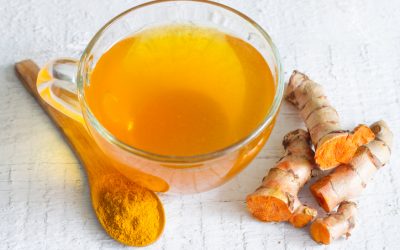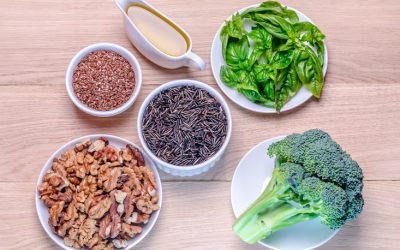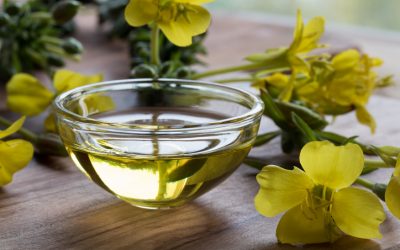Ginseng may improve recovery time for sports-related injuries
Inflammatory responses after enduring a sports related accident can lead to slower recoveries and inflamed injuries. Poor alignment practices, failure to stretch and warm up, and simple accidents can easily cause injury during physical activity. Common exercise derived injuries include muscle sprains and strains, injuries targeting the knees, tendons, and rotator cuffs, as well as fractures, inflamed muscles, and joint dislocations. Proper treatment and healing practices are essential to overcome these injuries and prevent further bodily harm. The utilization of plant-derived remedies has been extensively investigated in order to reduce the side effects that are commonly experienced with synthetic drugs. The reduction of side effects noted with natural compounds can progress healing in a safe and healthy manner.
Panax ginseng, a perennial plant found most commonly in Eastern Asia, has been utilized as a homeopathic remedy for many disorders including atherosclerosis, hypertension, and cancer related symptoms. Additional studies have supported inferences about ginseng’s protective effects against various neurological disorders. Ginseng’s main functions include immune system stabilization, anti-inflammation, antioxidant activities, and anti-cell death regulation. The focus of using ginseng to recover from sports related injuries centers on its role as an anti-inflammatory agent.
Inflammation is harmful to the body after injury because it impairs muscle functionality and motor capabilities. Neuroinflammatory reactions within the brain can further impair recovery. These negative effects occur within minutes of injury and can persist for several days on end. Ginseng’s known anti-inflammatory effects work to prevent the progression of tissue damage and to extend cellular protection after injuries.
In a study conducted with multidisciplinary researchers in Korea, Panax ginseng was considered for its neuroprotective effects after spinal cord injuries. Though in vitro experiments have displayed anti-inflammatory components in ginseng, clinical studies have experienced less success to portray these remedies. The results of this research displayed improved motor function through behavioral analysis and decreased injury size in rats after receiving the ginseng treatment as compared to rats that received the control treatment. The researchers concluded that P. ginseng alleviates post injury inflammation responses after experienced damage and notably speeds recovery time.
An additional note discussed in this study considers the role of pro-inflammatory mediators released after injury that exacerbate inflammation and decrease plasticity within the nervous system. Ginseng is shown to significantly decrease the production of these mediators after injuries, and specifically in the lesion site. Researchers credit the anti-inflammatory capabilities of ginseng to regulate motor functionality and induce cellular protection.
With such an immense pro-inflammatory function, ginseng has been observed to speed recovery and prevent further inflammation in exercise related injuries. The implications of this knowledge could promote the usage of these natural compounds to mediate recovery and prevent harmful side effects noted in manufactured drugs.
Reference
Young Ock Kim, Youngkyung Kim, Koeun Lee, et al., “Panax ginseng Improves Functional Recovery after Contusive Spinal Cord Injury by Regulating the Inflammatory Response in Rats: An In Vivo Study,” Evidence-Based Complementary and Alternative Medicine, vol. 2015, Article ID 817096, 7 pages, 2015. doi:10.1155/2015/817096



